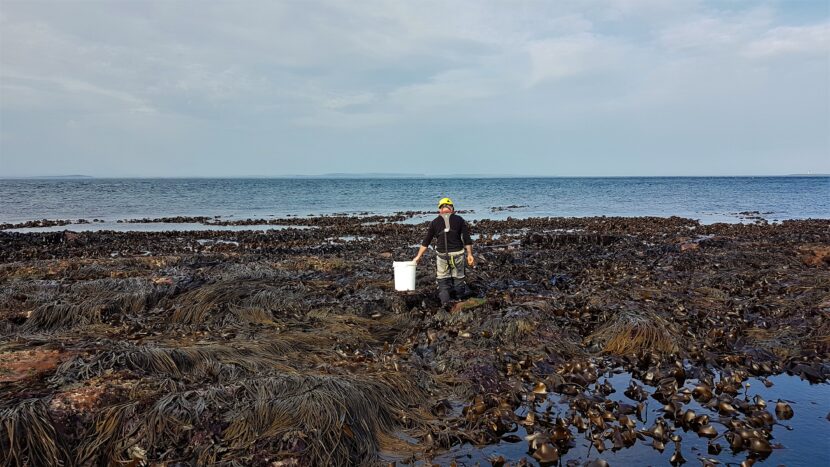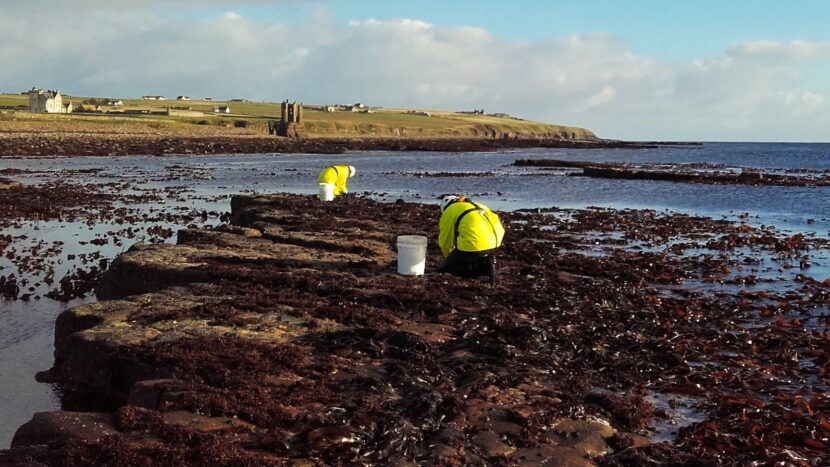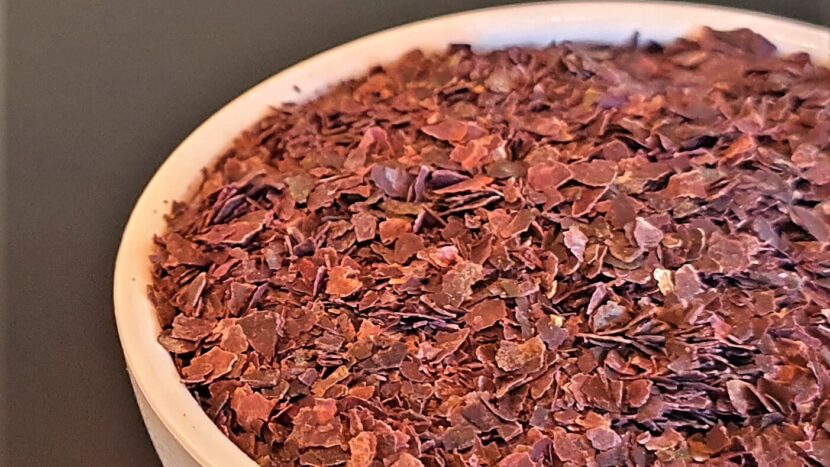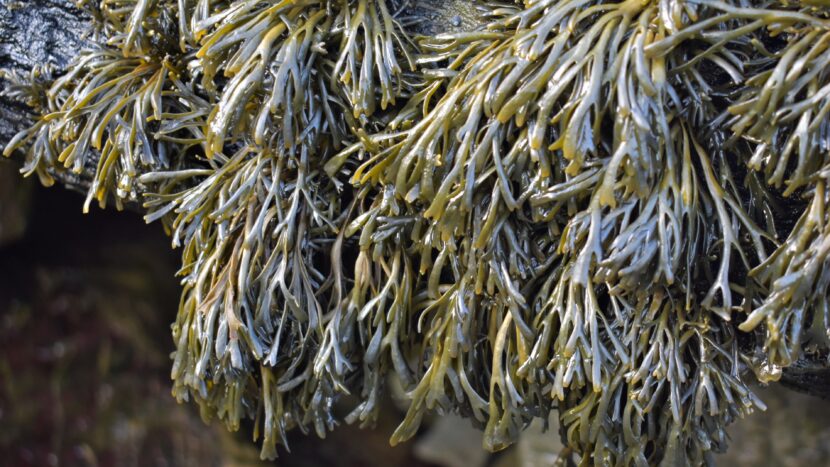Report: Reflections on our seaweed farming operations 2016-2023

Horizon Seaweed has published a report summarising our experience and insight on seaweed farming (available to download here). In this update, we provide some context for the report and highlights content of interest to others in the industry.
Our reflections on seaweed cultivation
Our vision at the inception of our company was that farming would play an important role in a domestic seaweed industry. Commencing in 2016, we embarked on a series of seaweed aquaculture trials with assistance from Highlands and Islands Enterprise. Following completion of our eighth growing cycle in spring 2023, we decided to pause our farming operations to focus on integrated hand harvesting and processing in Caithness. This provided an opportunity to reflect on our research findings and strategic approach. With support from the European Maritime Fisheries Fund, I have worked closely with our co-founder Peter Elbourne to collate our experiences into a report that can be downloaded for free here.
We have taken a retrospective stance, extracting insights from our accumulated experiences. While acknowledging that the scale of our farming venture may now be eclipsed by others in Scotland, we remain confident in offering valuable and distinctive expertise. This report should not be considered a comprehensive record of trial activity, a feasibility study or a handbook for seaweed cultivation. Our report is an opportunity to share conclusions, ideas and opinions on seaweed farming. However, we do not delve too far into the hard work carried out behind the scenes to deliver these trials, such as the careful measuring out of kilometres of rope in our office car park and countless hours spent untangling lines at sea. We euphemistically comment that fish boxes create an ‘imbalanced load’: Peter learnt this the hard way when he swerved to avoid a deer on a Highland road! Other seaweed farmers across Europe no doubt share similar experiences.

Juvenile kelp grown on twine ready to be deployed onto ropes at sea
Our approach to farming seaweed
When the company started looking at seaweed cultivation, we worked directly alongside mussel farmers and the respected research team at the Scottish Association for Marine Sciences (SAMS) near Oban. We decided to install our own farm in 2018, making us the first seaweed company in Scotland to achieve this milestone. I joined the team in early 2020 and led our farming R&D up to 2023. Funnily enough I had already helped some of the earlier trials whilst I was working at the SAMS hatchery.
Our primary focus was growing the brown kelp Atlantic wakame (Alaria esculenta), which we earmarked as a scalable species for food applications. We also worked with sugar kelp (Saccharina latissima) and conducted smaller-scale trials with other species native to Scottish waters. Furbellows (Sacchoriza polyschides) was of particular interest as it naturally settled on the lines and rapidly grew to high yields far exceeding our target species. We deployed grow lines at five different sites over the years - each had their unique characteristics.

Grid installed at Aird na Cuile, which translates from Gaelic as "Headland of the Secluded Place"
We never aimed to produce large volumes as we recognised the challenges of harvesting and processing bulk quantities of seaweed. Instead, we tried to capture as much learning as possible and considered solutions to these bottlenecks for future phased expansion. For example, we may have taken an extra hour to load a harvest onto a van because we wanted to test out moisture loss during transport. Failure was frequent and, on occasion, heartbreaking. These moments in our journey were integral for revealing the shortcomings of systems and methods.
We estimate that we grew 50-75 wet tonnes over the eight growing cycles, of which 16 wet tonnes was processed at our factory in Wick. We enjoy a unique position as the first and only commercial company in Scotland with both accredited processing facilities and practical farming experience.

Alaria esculenta (Atlantic wakame) on a grow line
What is in our report?
The report comprehensively addresses different facets of the farmed seaweed supply chain, but the longest section covers farming at sea. We cover critical aspects such as site selection, infrastructure decisions, seed deployment, biofouling, monitoring and eventual harvesting. We present pragmatic insights into each, contextualizing them within broader social and marine frameworks.

Farmed seaweed ready for processing at Horizon Seaweed's accredited facility in Wick
Additionally, we explore stages beyond core farming activities, including transport, stabilisation and processing. Our factory in Wick is geared around drying seaweed. Unfortunately, the wet-to-dry yield for farmed seaweed was consistently lower than wild harvested. We offer perspectives on the merits of organic certification and examine cultivated seaweed as a potential tool to combat the climate crisis. Other environmental impacts are considered, both positive (e.g. habitat creation) and negative (e.g. reliance on plastic). We also consider employment for kelp aquaculture, which could provide additional opportunities for Scotland's skilled marine workforce.
Concluding thoughts
While each topic covered could warrant its own standalone report, our focus was to distil key conclusions drawn from our experiences. We present information either not widely available elsewhere or deserving further attention. Interacting complex constraints unfortunately mean there is no single solution that will scale seaweed farming in the UK.
Seasonality is a common theme throughout the report. One of the key challenges is the short harvest window for kelp farming, which in turn creates issues with onward processing. This was certainly a factor in our decision to focus Horizon Seaweed’s efforts on wild harvesting, which we can do year-round.
We welcome discussions on all aspects of seaweed farming. Anyone keen to explore further should get in touch.





